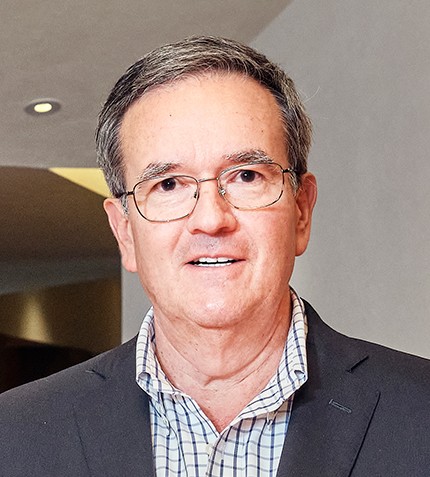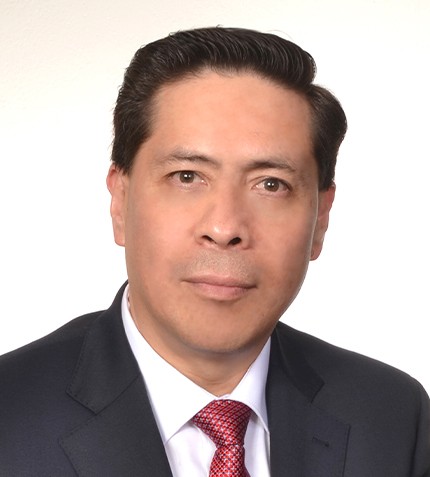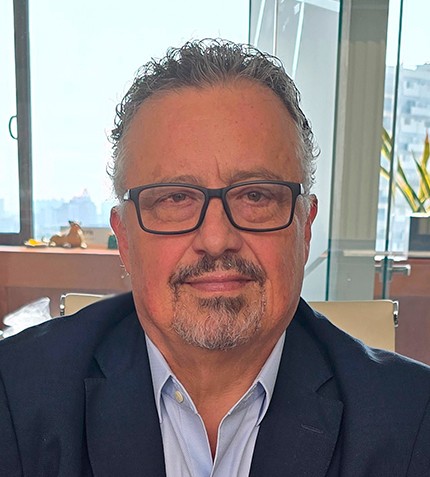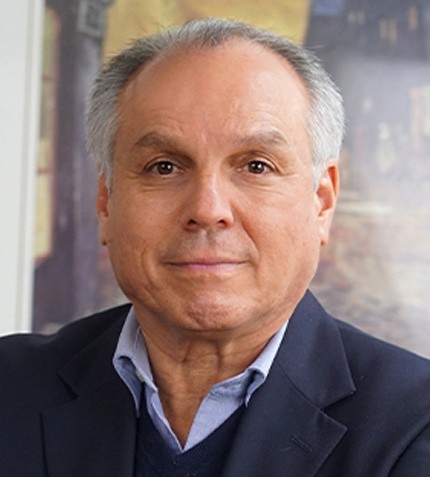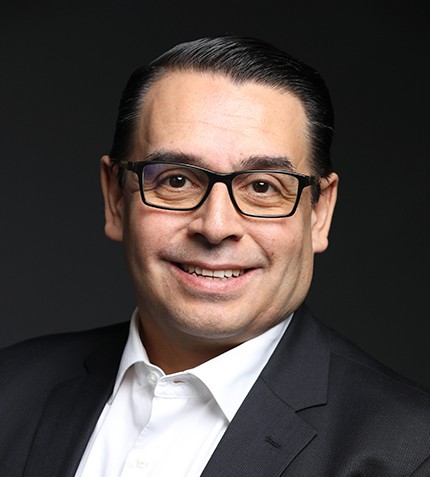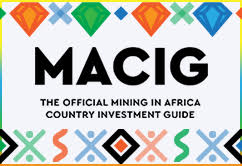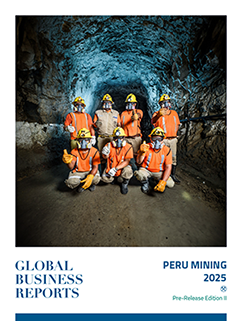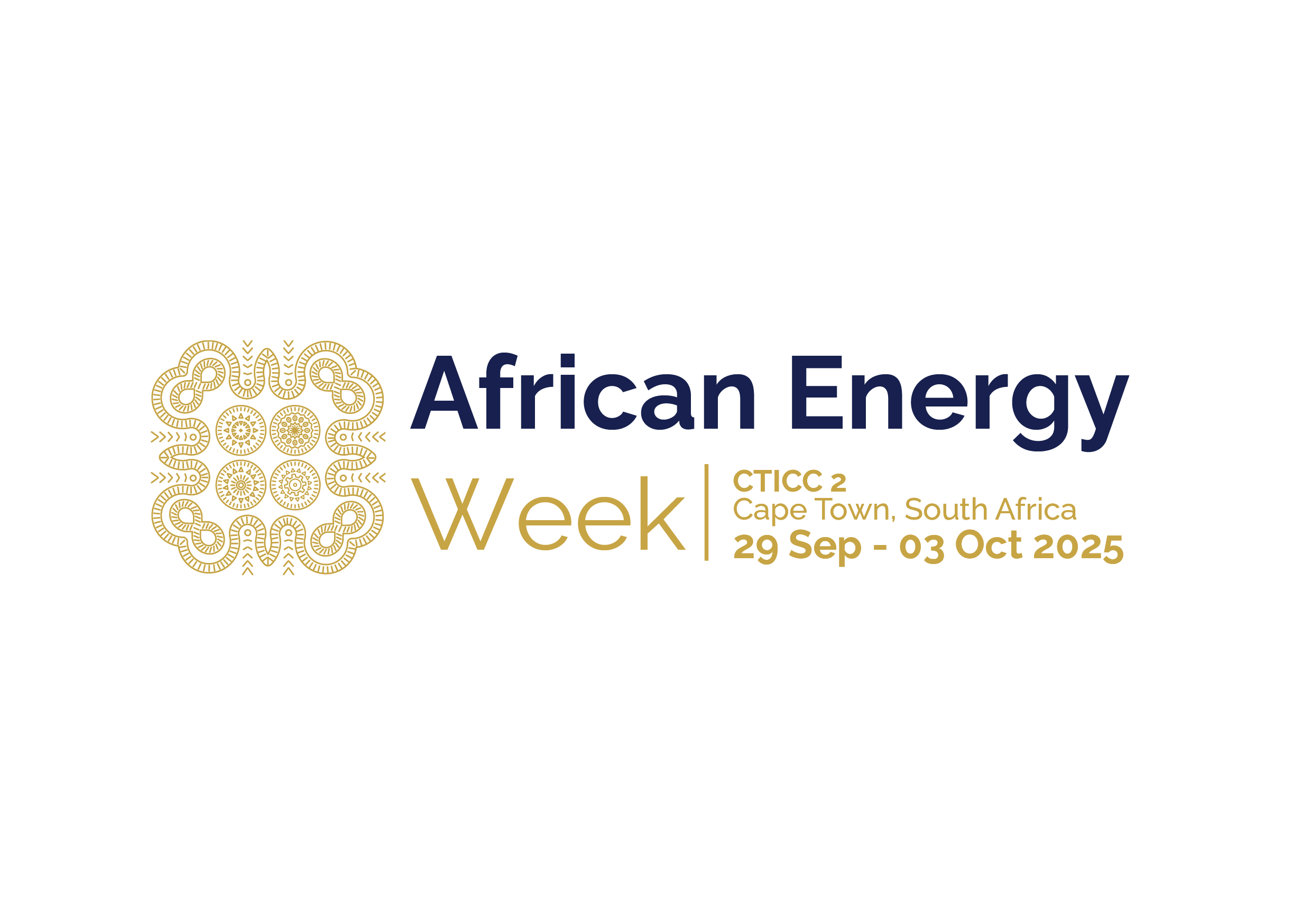FILTER
FILTERED INTERVIEW RESULTS
Eugenio Manzano
EXECUTIVE DIRECTOR, POCHTECA
"Our value proposition goes beyond simple distribution; we provide value-added services, gather market information, and simplify complexities for manufacturers and customers ."
Carlos Saavedra
MEXICO & LATAM NORTH PRESIDENT, ALBAUGH
"Technology for the field has been evolving towards products that are more friendly to the environment, with faster degradation, more specific impacts and targets, and do not cause collateral damage."
Humberto Elizalde Mendoza
CEO, ICS GROUP
"We are observing a notable influx of Asian companies, including Taiwanese and Japanese firms, establishing large operations in Mérida."
Francisco Ortiz
CEO, ALTIARA
"To further support our export markets, we have developed advanced fertilizer combinations that extend product shelf life, making them more resilient during extended shipping times."
Fernando Vera
CEO, GRUPO VERSA
"The challenge for companies is to invest in more technical support and encourage farmers to adopt them."
Isabel Figueiredo
CEO, BRASKEM IDESA
"The raw material import terminal will be a very important achievement for Braskem Idesa, allowing us to strengthen our presence in the plastic resin market both regionally and locally."
Francisco Gálvez
MANAGING DIRECTOR, LESCHACO MEXICANA
"We are committed to supporting our clients by moving their logistics and ensuring we remain adaptable to the changing dynamics of global trade."
Javier del Castillo and Roberto Escalante
CEO (JC) AND MANAGING DIRECTOR (RE), ISQUISA & FERTIQUISA
"One significant risk is regulatory compliance, especially with chemicals like hydrochloric and sulfuric acids, which are classified as drug precursors."
Leon Freiman
CEO, CHEMLOGIS
"The growth of infrastructure and allocation of state budgets over the last several administrations have spurred significant growth in newly industrialized areas."
José Escalante de la Hidalga
PRESIDENT, MEXICAN UNION OF AGROCHEMICALS MACUFACTURERS AND FORMULATORS (UMFFAAC)
"The most important role of our association is to communicate the technical and scientific advances of new products, dispelling notions of toxicity or harmful effects on people and the environment."




